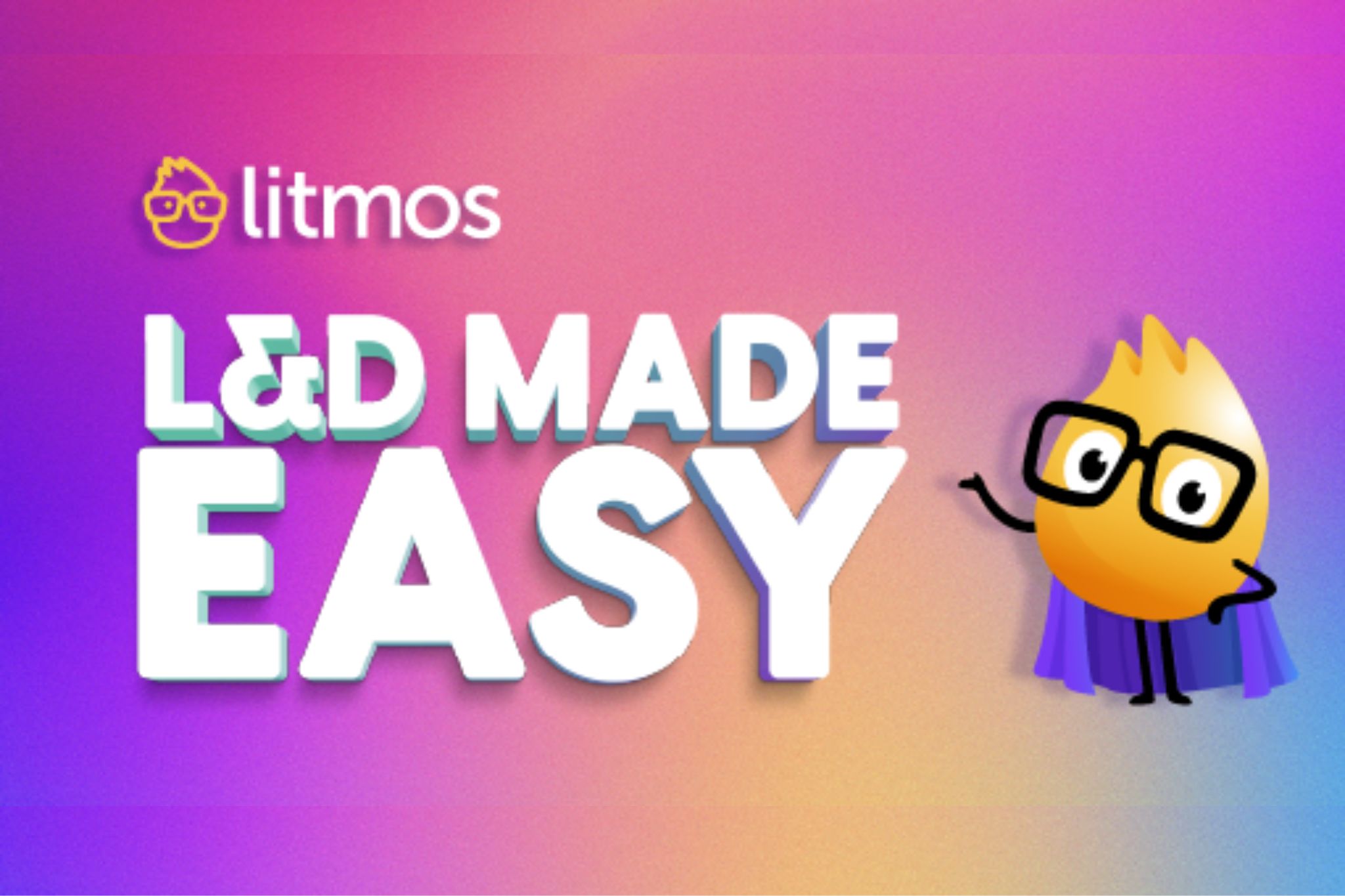EU’s Artificial Intelligence (AI) Act and What It Means for Your Organization
True or false? Artificial intelligence (AI) has been around since the 1950s.
Believe it or not, it’s true! Yet the sci-fi Hollywood movies of the 80s and 90s, which convinced us robots would one day rule the world, still felt far-fetched. Cut to 40 years later and we can’t go a day without AI making headlines. We have all come across smart home automation — Alexa or Siri setting a timer for the cake in the oven — or machine learning algorithms personalizing our streaming content suggestions.
The benefits of AI go beyond personal use. Opportunities for leveraging AI in the workplace seem endless. They can help improve customer service and automate repetitive and mundane tasks, freeing up time so you can focus on more complex and creative work. But with every new technological development comes a level of risk.
That’s why the European Union Artificial Intelligence Act (EU AI Act) has emerged as the very first AI regulatory framework to address these concerns.
In this article, I’ll provide an EU AI Act summary. Please note that this article is for informational purposes only and does not constitute legal advice. Consult legal counsel regarding this and other policies.
What is the EU AI Act?
The EU AI Act is the world’s first concrete initiative for regulating artificial intelligence. It aims to foster innovation while protecting fundamental rights and ensuring trust in AI technologies.
Through its rules and guidelines, the EU AI Act aims to regulate the use and development of AI technologies. Some of these guidelines require:
- Regular testing and monitoring of AI systems
- Rigorous risk assessment and mitigation
- Transparency (e.g., informing users that they’re interacting with AI)
- Ensuring data used to train the AI is of high quality and free from bias
- Ensuring human operators can override the AI system to prevent manipulation
When does the EU AI Act come into effect?
The EU AI Act came into force on August 1, 2024. However, most of its rules will not apply until August 2, 2026. The EU is developing guidelines that will define and set out how The EU AI Act should be implemented.
Remember, AI is constantly evolving, so implementing the Act will take some time. However, since most employees have been using AI and organizations are already developing new models and systems that will be impacted by the EU AI Act, it’s important to make everyone in your organization aware of this regulation now.
How can my organization prepare for the EU AI Act?
The EU AI Act is just the beginning of global legislation. It is there to regulate the use and development of AI technologies. It’s your responsibility to comply with this law or any applicable laws, regulations, and ethical standards in your region.
For more information on the EU AI Act check out Litmos’s new EU AI Act courses, “Essentials for AI Users” and “Essentials for Providers and Operators.”





